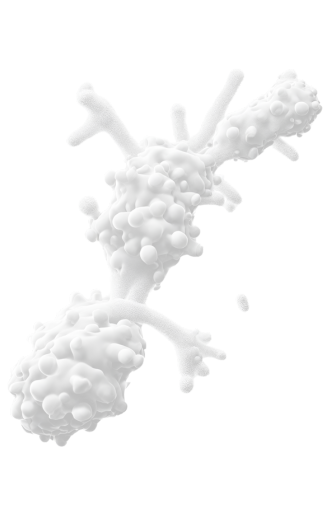Inflammatory Bowel Disease
The Disease
Inflammatory Bowel Disease (IBD) can be Crohn’s disease or ulcerative colitis – two serious, chronic diseases directly affecting the digestive system causing intestinal tissue to become inflamed, form sores, and bleed easily. The incidence of IBD is rising in developing countries around the world and approximately 5 million people worldwide are currently affected by a form of IBD.
This chronic condition is without a medical cure and commonly requires a lifetime of care. With the advent of monoclonal antibodies for use in IBD there has been a breakthrough in disease management while many more biologics are in the pipeline. Currently the global market is estimated at $16 billion and this is set to continue to rise.
Evaluation Platforms
IBD therapeutics can be evaluated by using spontaneous and induced mouse models.
TNFΔARE/+/hTNFR1KI mice are treated and monitored from 8 weeks of age for 4-8 weeks
DSS colitis is an acute disease model of 2 weeks duration, induced in hTNF transgenic mice.
Anti-CD40-induced colitis is an one week duration model nduced in our RAG1KO mice and their crosses with lines expressing humanized targets.
Read-Out Parameters
 Body weight changes
Body weight changes
 Histopathological evaluation of colon tissue sections
Histopathological evaluation of colon tissue sections
 Cytokine levels released from cultured colon tissue biopsies
Cytokine levels released from cultured colon tissue biopsies
Competitive Advantage
TNFΔARE/+ mice reliably model human Crohn’s pathology and offer a unique combination of co-manifested pathologies including arthritis, IBD and heart valve pathology.
DSS colitis in hTNF transgenic mice offer a unique model of colitis pathology with significant TNF involvement.
anti-CD40-induced colitis is a widely acceptable short duration colitis model






